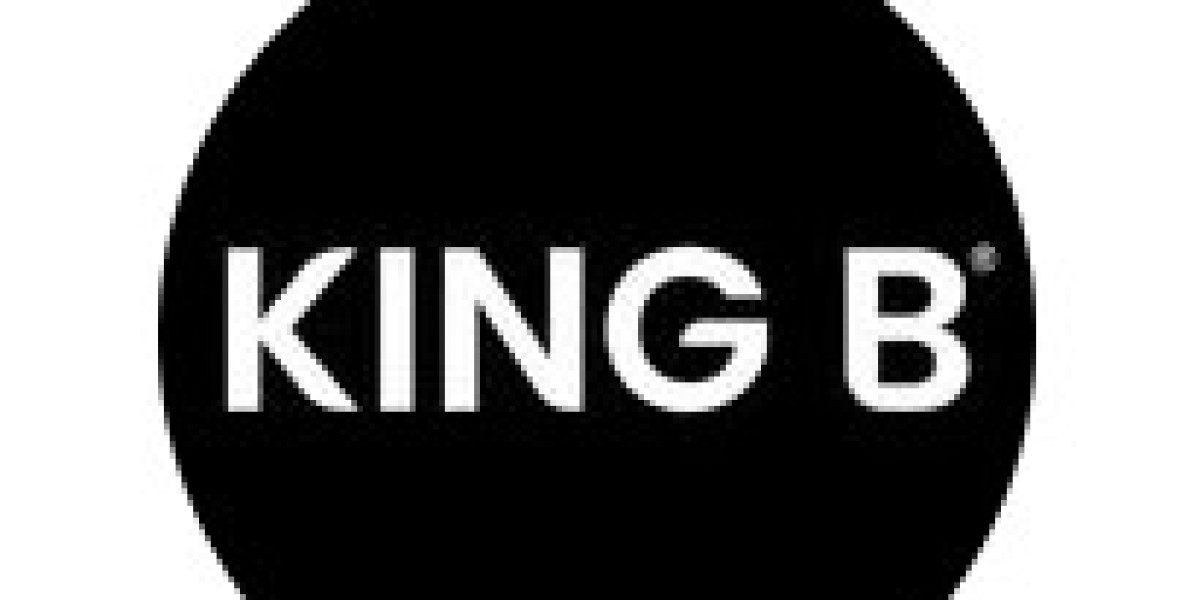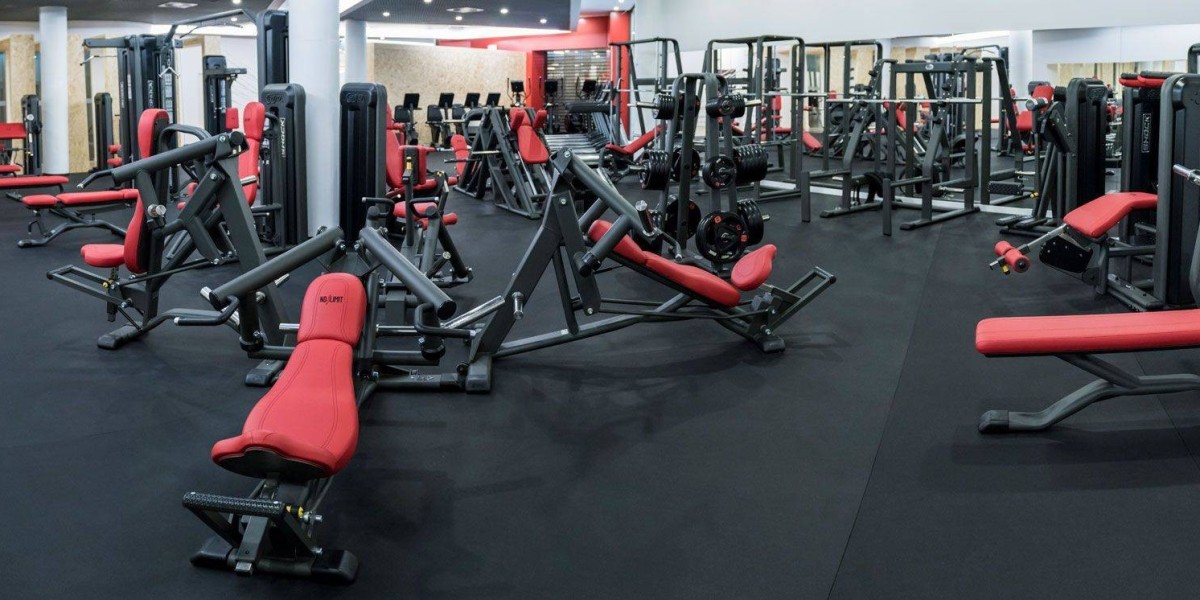Industrial Noise Control Market Share
Companies in the Industrial Noise Control Market Share are competing to capture a larger portion of the market by offering technologically advanced products and cost-effective solutions. Key players are focusing on strategic collaborations, mergers, and acquisitions to strengthen their market presence. Market share analysis highlights the dominance of players investing heavily in R&D and sustainable noise control technologies.
The Industrial Noise Control Market is gaining significant momentum worldwide as industries increasingly recognize the importance of mitigating excessive noise levels in the workplace. Industrial noise, if left unchecked, can lead to severe health problems for employees, including hearing loss, stress, and reduced productivity. Moreover, regulatory authorities are enforcing stricter noise level standards, prompting industries to adopt innovative noise control solutions. This growing demand has spurred the development of advanced technologies, positioning the industrial noise control market as a pivotal segment in the global industrial safety landscape.
Importance of Industrial Noise Control
Noise pollution in industrial settings is not just a matter of discomfort; it has profound implications on health, safety, and operational efficiency. Continuous exposure to high decibel levels can cause permanent hearing impairment, cardiovascular issues, and heightened stress levels among workers. Beyond health, excessive noise interferes with communication, leading to operational errors and accidents. Implementing noise control measures, therefore, is critical for maintaining a safe and productive work environment.
Key Drivers of Market Growth
The growth of the Industrial Noise Control Market is fueled by multiple factors. Increasing awareness about occupational health and safety, combined with stringent government regulations on permissible noise levels, compels industries to invest in noise mitigation solutions. Additionally, technological advancements in soundproofing materials, acoustic panels, and noise monitoring systems have made it easier and more cost-effective for manufacturers to control industrial noise. The rise of large-scale manufacturing units and industrial automation also contributes to the market’s expansion, as machinery and equipment often generate substantial noise.
A detailed understanding of market trends and forecasts can be explored in this Industrial Noise Control Market report, which provides comprehensive insights into key growth drivers, regional dynamics, and technological innovations shaping the industry.
Major Technologies in Noise Control
The industrial noise control sector employs a variety of technologies to tackle noise pollution. Soundproofing solutions such as acoustic panels, barriers, and enclosures are commonly used to absorb or block unwanted noise. Vibration dampening technologies, including isolators and absorbers, reduce noise generated by machinery operations. Additionally, active noise control systems, which use sound waves to cancel out unwanted noise, are gaining traction in high-precision industries where noise reduction is critical for operational efficiency.
Market Segmentation
The Industrial Noise Control Market can be segmented based on technology, application, and geography.
By Technology: Includes soundproofing materials, acoustic panels, noise barriers, and vibration control solutions.
By Application: Covers industries such as automotive, aerospace, manufacturing, energy, and construction, each facing unique noise challenges.
By Geography: The market is expanding globally, with North America, Europe, and the Asia-Pacific region leading in adoption due to industrial growth and regulatory enforcement.
This segmentation helps stakeholders identify lucrative opportunities and understand industry-specific challenges in controlling industrial noise.
Industry Trends and Innovations
Several trends are shaping the industrial noise control market. Integration of IoT-based noise monitoring systems allows real-time tracking and analytics, enabling industries to proactively address noise issues. Eco-friendly and sustainable materials are being developed for acoustic solutions, aligning noise control with environmental regulations. Furthermore, modular and portable noise control systems are gaining popularity for their flexibility and ease of deployment in dynamic industrial settings.
Technological innovations are also enhancing the efficiency and effectiveness of noise reduction solutions. Advanced computational models now allow engineers to simulate noise propagation and design custom control solutions tailored to specific industrial environments. This approach not only improves noise mitigation but also optimizes cost and space utilization.
Challenges Faced by the Market
Despite robust growth prospects, the industrial noise control market faces certain challenges. High initial investment costs for advanced noise control systems can be a barrier for small and medium enterprises. In addition, lack of awareness and technical expertise in implementing effective noise control measures can limit adoption. Continuous maintenance and monitoring are also required to ensure long-term effectiveness, which can add to operational costs.








